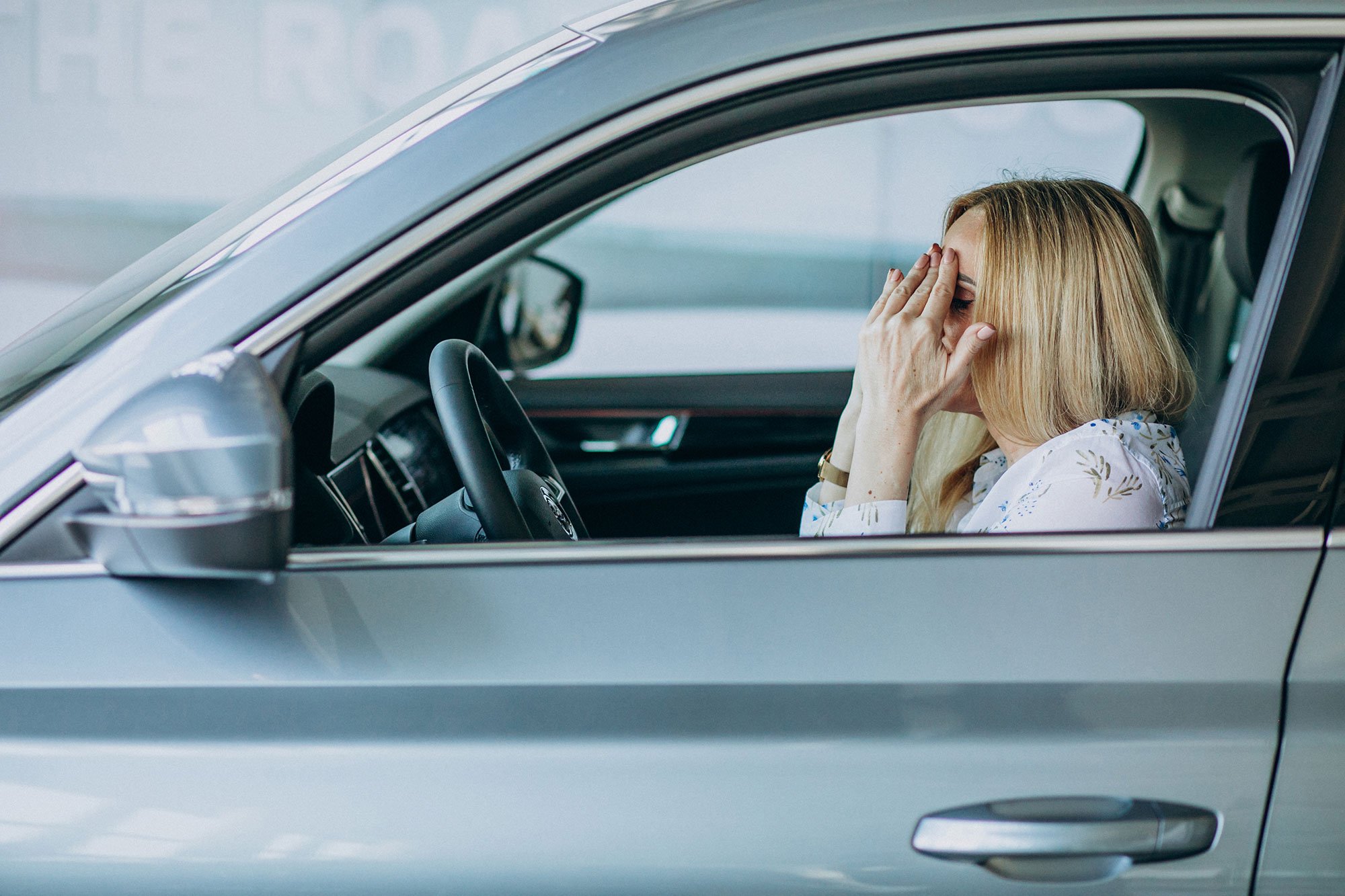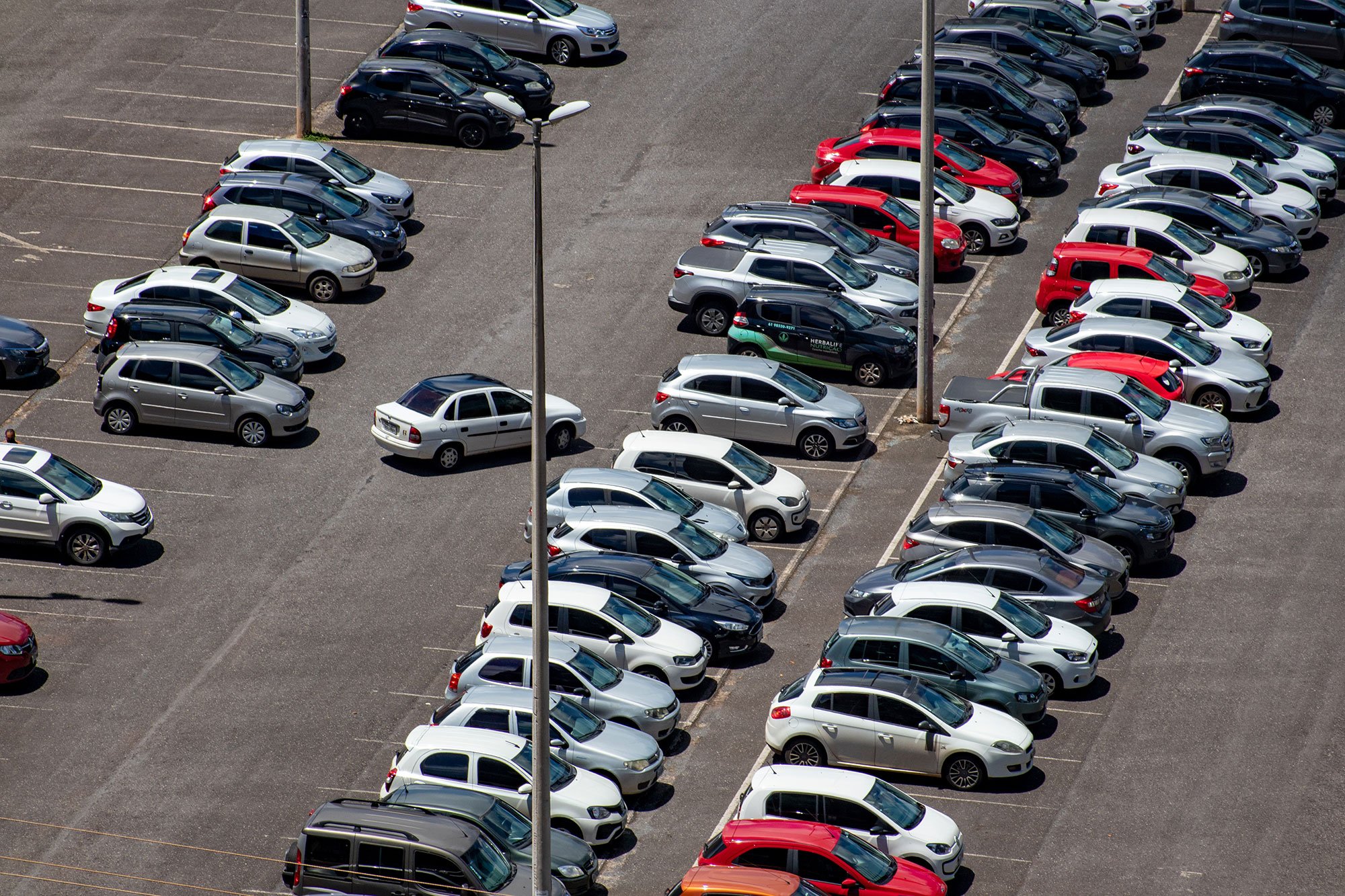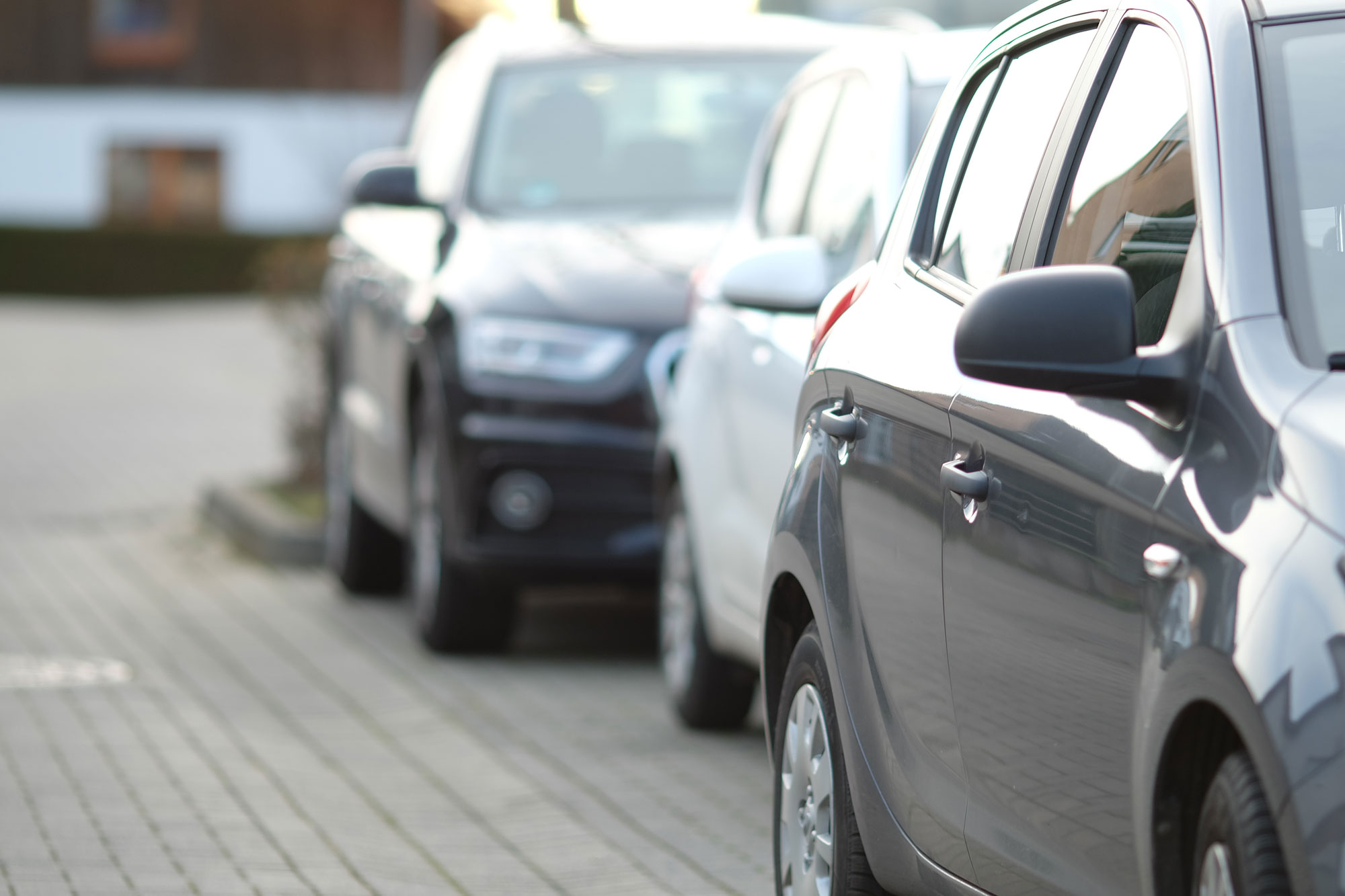





Leasing gives people the chance to potentially drive their dream car that they could not afford in a one-off payment and split the costs across many months - there are so many advantages to getting a car this way. Although all drivers have an urge to keep their cars pristine and looking as good as new, this feeling is even more prominent when you are leasing a car, as leasing often means returning the car in the condition you found it.
With this in mind, we wanted to explore the physical impact the stress of parking can cause drivers in our Parking Problem Report to reveal the manoeuvres that make drivers the most anxious. As rising heart rates are a good indication of when we are feeling particularly worked up or panicked, we conducted a study to discover how much our heart rates spike when:
We also asked over 1,200 drivers to reveal their parking habits (good and bad) and share how they feel about the essential parking manoeuvres that we have to perform pretty much every time we get into our car.
Our in-house leasing experts also share their top tips on how to protect your car when parking, and advice on how to gain confidence in performing these dreaded parking exercises.

To prove how much of a physical impact certain parking activities have on drivers, we conducted a study where we attached heart rate monitors to 20 study participants to record the following:
By analysing the results, we discovered that parking phobias are a real thing; in fact, all the study participants' heart rate increased when performing each of the above manoeuvres indicating that the drivers were experiencing some degree of stress.
The exercise that had the greatest effect on drivers was parallel parking, where heart rates increased by over 57% on average. When conducting this study, the minimum heart rate increase when parallel parking was 22%, whilst the highest rise saw an 84% increase.
When comparing the results of male and female drivers, the results show that men felt the pressure more than women when parallel parking their cars. On average, male drivers' heart rate increased by over 58%, whereas female drivers spiked by 56%.
| Resting Heart Rate | Increase When Performing Parallel Park | |
|---|---|---|
| #1 | 61 | 84% |
| #2 | 61 | 82% |
| #3 | 54 | 74% |
| #4 | 55 | 73% |
| #5 | 65 | 72% |
| #6 | 64 | 70% |
| #7 | 57 | 65% |
| #8 | 62 | 63% |
| #9 | 60 | 62% |
| #10 | 66 | 61% |
| #11 | 52 | 56% |
| #12 | 62 | 55% |
| #13 | 59 | 53% |
| #14 | 59 | 51% |
| #15 | 59 | 49% |
| #16 | 63 | 48% |
| #17 | 80 | 43% |
| #18 | 54 | 35% |
| #19 | 72 | 25% |
| #20 | 78 | 22% |
The second-most fearsome parking manoeuvre is reverse bay parking, where heart rates surged by almost 46% on average across all study participants. The greatest increase was 74% compared to the lowest heart rate effect which jumped up by 14%.
When delving into the differences between male and female drivers when it comes to reverse parking, there are very interesting differences; on average men were more affected as their heart rates increased by 51%, whilst female drivers saw a 42% increase.
| Resting Heart Rate | Increase When Performing Reverse Parking | |
|---|---|---|
| #1 | 52 | 74% |
| #2 | 72 | 71% |
| #3 | 54 | 65% |
| #4 | 80 | 62% |
| #5 | 61 | 58% |
| #6 | 64 | 56% |
| #7 | 62 | 51% |
| #8 | 59 | 49% |
| #9 | 59 | 49% |
| #10 | 63 | 48% |
| #11 | 66 | 46% |
| #13 | 55 | 44% |
| #14 | 78 | 39% |
| #15 | 65 | 38% |
| #16 | 61 | 33% |
| #17 | 59 | 29% |
| #18 | 57 | 20% |
| #19 | 62 | 19% |
| #20 | 60 | 14% |
Coming in third in impact level is the forward bay park, which caused heart rates to increase by nearly 41% on average with the most significant increase for one participant being 69%.
There are very slim margins when comparing the male and female results for forward bay parking; the average male drivers heart rate increased by just over 41%, whilst the heart rate of female drivers rose by just over 40%.
| Resting Heart Rate | Increase When Performing Parallel Park | |
|---|---|---|
| #1 | 61 | 69% |
| #2 | 54 | 63% |
| #3 | 61 | 62% |
| #4 | 57 | 58% |
| #5 | 59 | 53% |
| #6 | 62 | 52% |
| #7 | 66 | 49% |
| #8 | 60 | 48% |
| #9 | 64 | 47% |
| #10 | 59 | 46% |
| #11 | 55 | 46% |
| #12 | 62 | 44% |
| #13 | 65 | 42% |
| #14 | 63 | 38% |
| #15 | 54 | 32% |
| #16 | 52 | 15% |
| #17 | 59 | 15% |
| #18 | 72 | 14% |
| #19 | 80 | 14% |
| #20 | 78 | 8% |

By surveying British drivers, we discovered just how prevalent the fear of parking is. We asked our drivers to admit how much they fear certain parking manoeuvres, the lengths they have gone to avoid certain parking situations and how they rate parallel parking in comparison to other things that scare them - and it's clear that the parking fear is real.
Over 1 in 4 drivers (26%) admit to finding parallel parking or bay parking stressful; however, it is clear it gets better with practice, as 37% of 17-24-year-olds feel stressed performing this manoeuvre compared to just 21% of those aged 55 and above.
Similarly, 1 in 4 drivers (25%) admit to driving past a parking space when they fear they cannot get into or feel too stressed to attempt it. In a similar vein, drivers are also happy to let their passenger park their vehicles for them if a space looks too tricky to get into; more male drivers have asked a passenger to reverse park their cars for them than women have, with 13% of men saying they have compared to 11% of women. Remember - it is illegal for someone to drive your car if they are not insured to do so. The Highway Code states that if someone is caught driving a vehicle they aren't insured on, then they could face a penalty fine of £300 and 6 points on their driver's licence. This type of offence also puts you at risk of a high car insurance premium in the future.
In fact, our survey proves that drivers are willing to go to extreme lengths to avoid parallel or reverse parking, even if it means breaking the rules! Whether it is parking on double-yellow lines, mounting a pavement and blocking passenger walkways or even leaving your car in a permit holder-only area. 11% of drivers admit to parking illegally instead of attempting a tricky parking manoeuvre. It is 25-34-year-olds who are the guiltiest generation, with nearly 1 in 6 admitting to illegal parking.
Men are more guilty of illegal parking than women - just 3% of female drivers said they have resorted to illegally parking their cars to avoid a tricky space compared to almost 9% of male drivers.
It's not just parallel parking that gets us feeling flustered - over 1 in 5 drivers (21%) think reverse parking into a bay is a stressful experience, too.

To put into context how nerve-wracking many of us find parking, we asked our drivers to share what they would rather do than a parallel park...
(% of drivers who would rather do these tasks than perform a parallel park)
Considering a recent YouGov survey found that 21% of Britons say they suffer from arachnophobia (a fear of spiders), it is interesting that nearly 1 in 5 drivers would rather catch a spider than have to perform a parallel park in front of people.
Overall, male drivers (18%) would prefer to catch a spider than a parallel park, whilst female drivers (21%) admit to finding a parallel park more frightful than a trip to the dentist.
Watching a horror movie is the second anxiety-inducing activity that drivers would choose to do before performing a parallel park manoeuvre with nearly 1 in 5 (19.1%) agreeing this is less scary, followed by visiting the dentist (18.7%).
Erin Baker, Editorial Director at Auto Trader says:
Censuswide survey: 1,246 British drivers surveyed. August 2023.
Heart rate study: 20 drivers used Polar H10 Heart Rate Monitors. Each participant monitored:
All participants performed the above manoeuvres and recorded their results in August 2023.